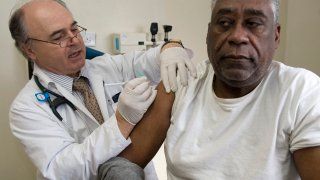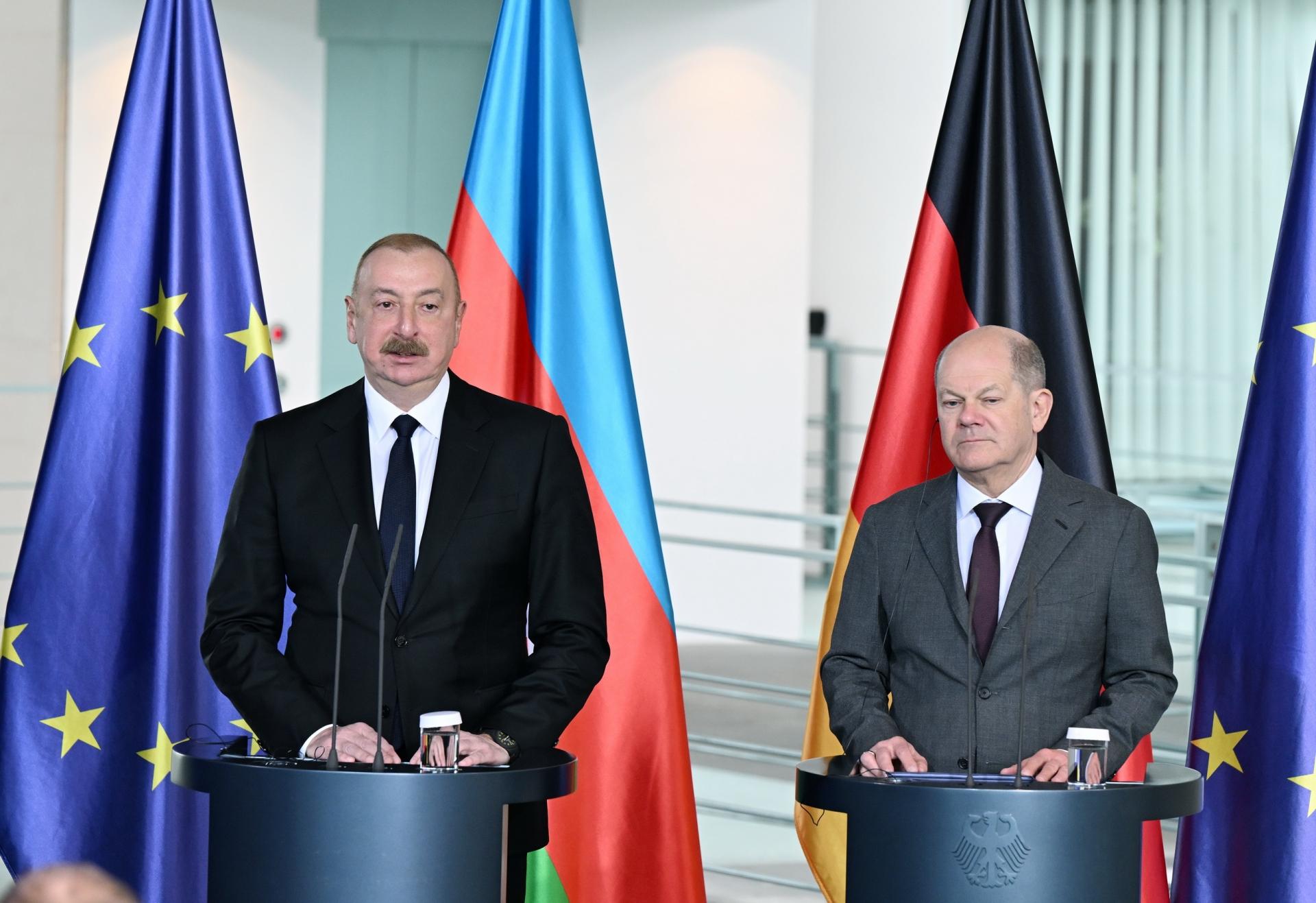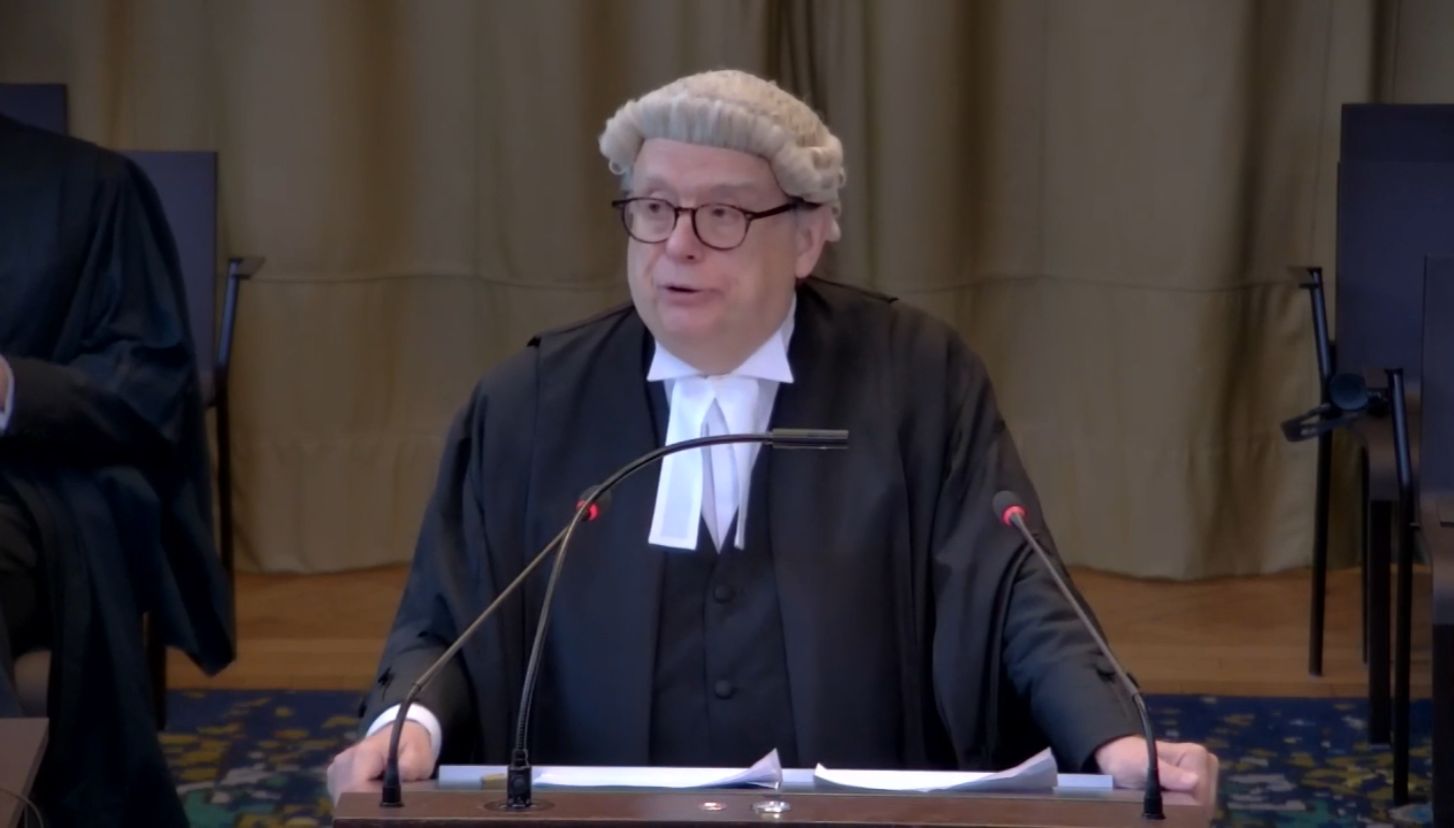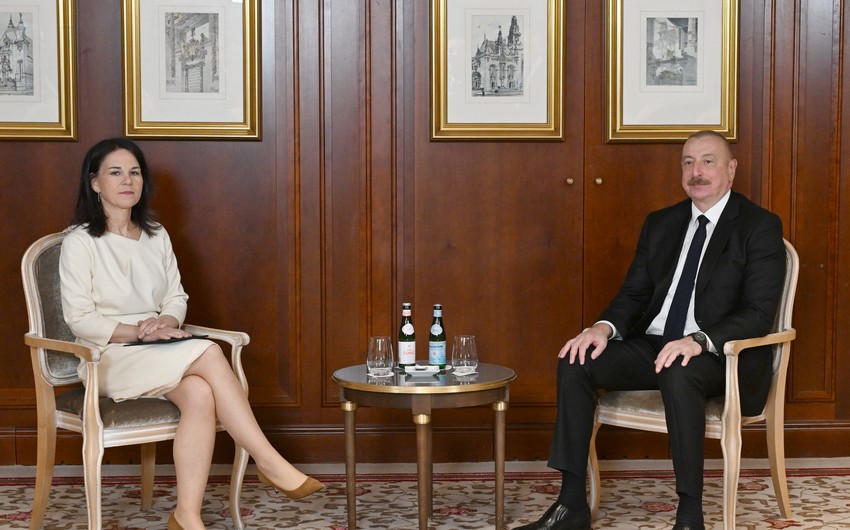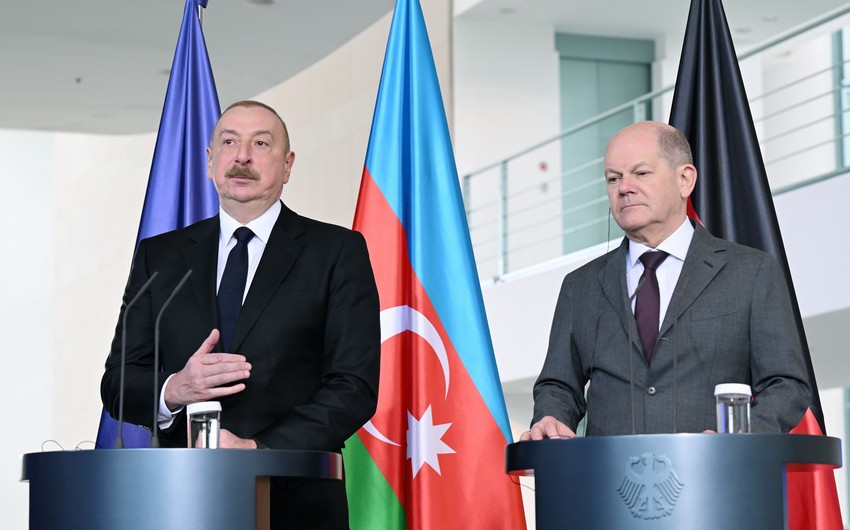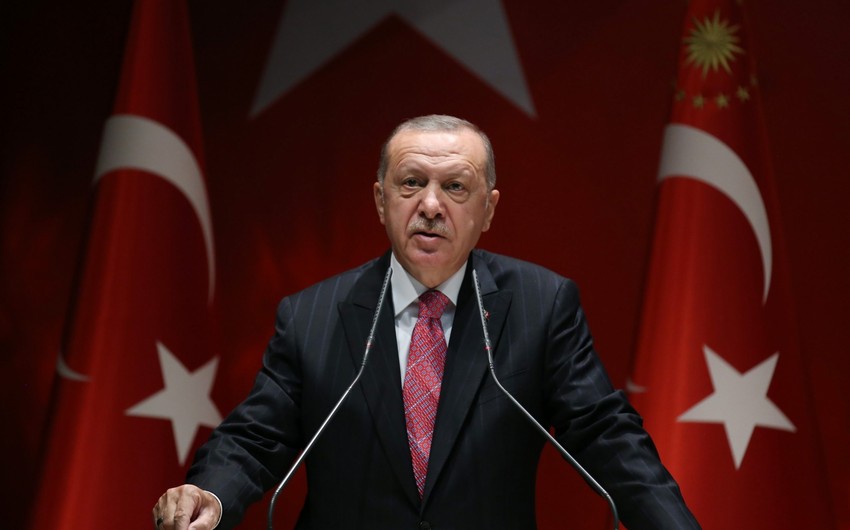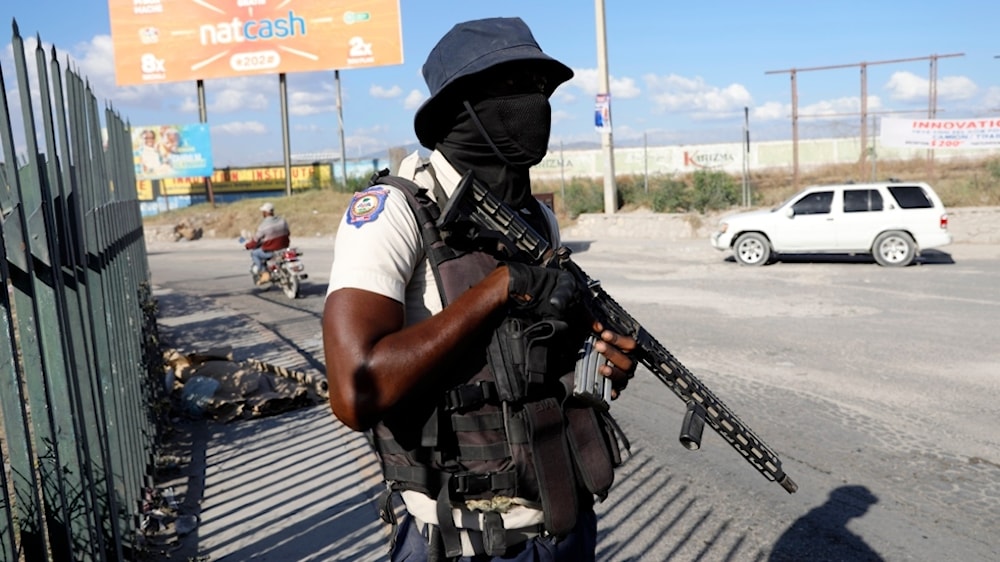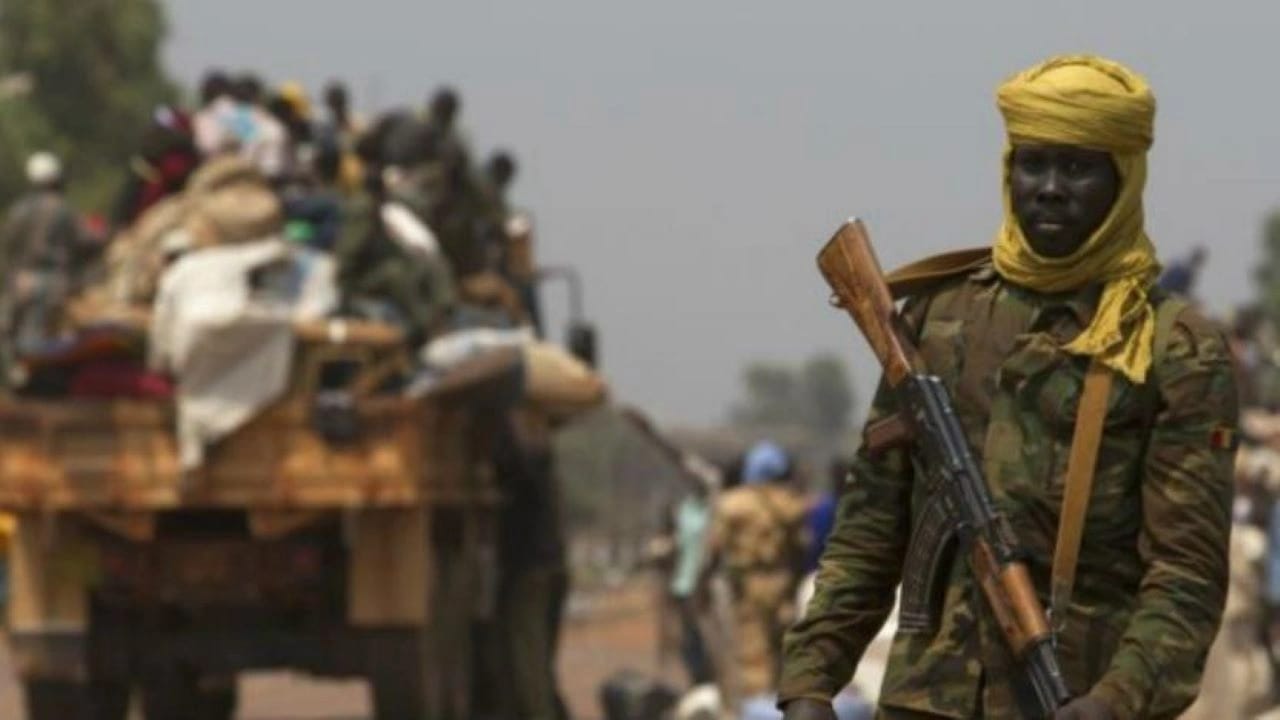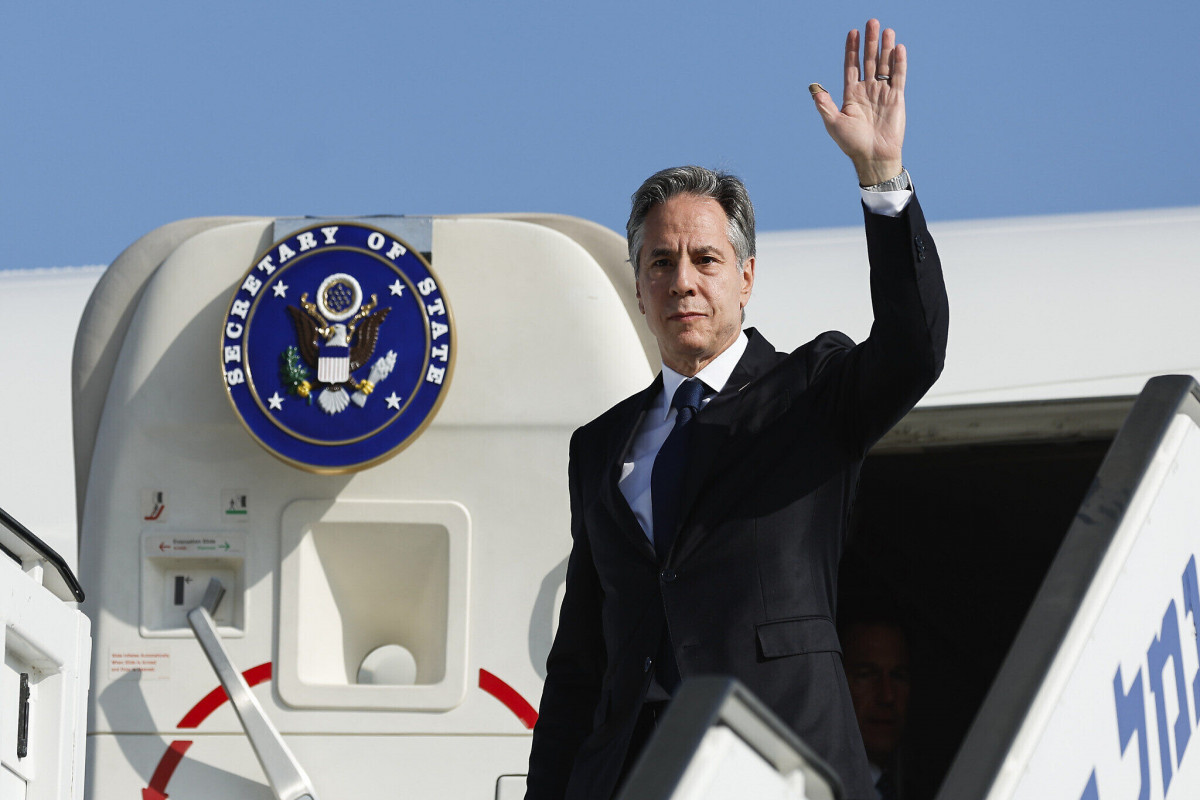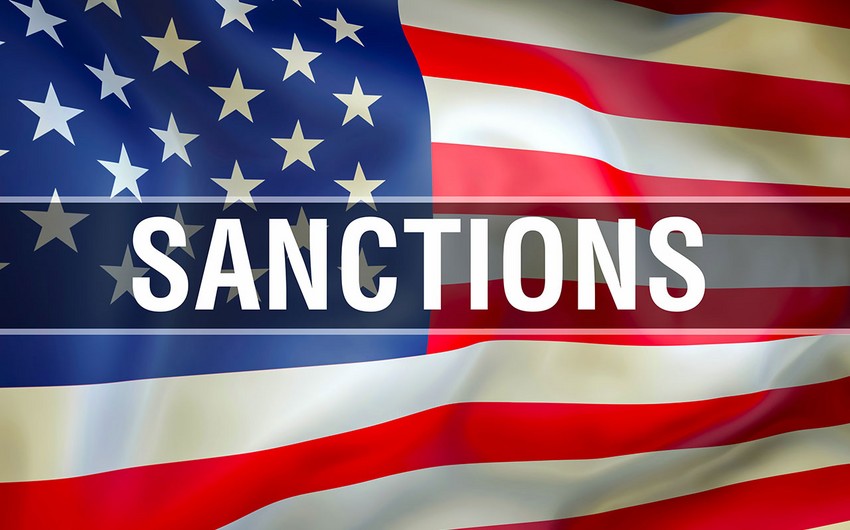The recent decision by Congress to direct Medicare reduction readmission penalties for hospitals that serve patient populations with high social needs is a step in the right direction, but it doesn’t go far enough.
Certainly, easing up on readmission penalties is a positive development for struggling safety net hospitals, which have long (and correctly) voiced that their patients are more likely to experience complications after leaving the hospital through little fault of their own.
Virtually all safety net hospitals treat underserved groups of patients who often have multiple social needs which impacts their health and ability to follow a care plan.
That’s why Congress needs to go one step further to address the critical social determinants of health (SDoH) — poverty, access to transportation, food and health care, etc. — that make it so difficult for the mostly low-income patients of safety net hospitals to stay healthy after being released from the hospital. But it isn’t just the federal government that can make a difference in address SDoH needs. Hospitals, health plans and state governments have an important role to play, too.
Two key barriers holding back SDoH programs
SDoH account for 60 percent of one’s health outcomes. Many forward-thinking health insurers, hospitals, and state governments across the country understand this, and are experimenting with programs designed to help low-income populations in their communities lead healthier lives. These programs are promising, but they are limited in scope and size. If SDoH initiatives are to succeed more broadly, communities need to overcome two key barriers:
First, SDoH programs need to establish a means of connecting health-care providers and health plans with community-based organizations (CBOs). CBOs have a high degree of trust in their communities and work directly with at-risk. However, it’s not enough for a health plan or provider to simply identify a CBO, send out a referral and hope that the job is done. Health plans and providers must partner with CBOs to create collaborative networks of resources.
Second, successful SDoH programs need to establish a means of aligning incentives between health-care organizations and CBOs. While CBOs provide integral social and community services and have a history of successfully engaging at-risk populations, these organizations remain underfunded.
Role of hospitals, insurers and government
Though health-care organizations are eager to develop partnerships with CBOs to improve care delivery, CBOs are uncertain of how those relationships would work and how they will benefit from them. By allocating increased funding to the many CBOs that address social needs, hospitals, health insurers and federal and state governments each have an essential role to play in increasing the long-term sustainability and success of SDoH programs.
To maintain their tax exemptions, nonprofit hospitals have long been mandated to spend a portion of their revenues on community health-related activities. Under the Affordable Care Act, these hospitals must conduct community health needs assessments every three years and develop strategies to meet those needs.
However, while 85 percent of doctors believe that unmet social needs lead to poor health outcomes, most hospitals do not use a significant portion of their community benefit dollars to address SDoH. That may change as market forces, and state initiatives begin to push more organizations in this direction.
A number of prominent health insurers have invested their resources to launch SDoH programs, viewing these initiatives as critical to improving health outcomes and lowering costs. Kaiser Permanente, for example, recently announced plans to invest $200 million in preventing homelessness and improving access to housing. The health system has created a coalition with 17 mayors and CEOs in 11 states to solve issues related to housing challenges facing people nationwide.
States have improved their approach to addressing SDoH with funding from their Medicaid managed care plans, which cover the bulk of Medicaid beneficiaries. Nineteen states now require Medicaid plans to screen for and/or provide referrals for social needs, and most Medicaid plans across the country report engaging in SDoH activities. Some states are also providing housing support through referrals, support services, and case management services.
CBOs are universally underfunded, but with the right incentives, they can play a powerful role in addressing social needs. If the U.S. aims to improve health outcomes and reduce the costs associated with care, hospitals, health plans and federal and state governments must collaborate to ensure adequate funding for these organizations that are indispensable to the health of communities with high social needs.

